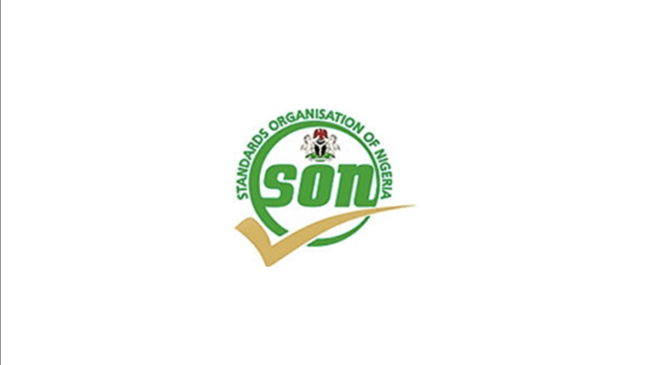The Standards Organisation of Nigeria (SON) is moving towards the implementation of the Special Economic Zones Conformity Assessment Programme (SEZCAP).
Speaking while hosting operators of zones, the Director General of SON, Dr Ifenyi Okeke, explained that SEZCAP is an initiative to enhance the production, importation, sales, and distribution of quality and safe locally manufactured products in Nigeria and for those to be imported into the country.
Okeke said that the organisation will extend its services to ensure that products designated for the Nigerian market meet the requirements of the Nigerian Industrial Standards (NIS) or other regulatory supports for products designated for export.
Represented by Engr. Onucheyo Enebi, the DG stated that extending its activities to the Special Economic Zones, comprising Kano, Calabar, and Lagos, will boost standardisation activities in those areas.
The DG, while commending the Chief Executive of the Nigeria Export Processing Zones Authority (NEPZA), Dr Olufemi Ogunyemi, Comptroller General of the Nigeria Customs Service (NCS), Mr Bashir Adewale Adeniyi, and other stakeholders for their cooperation in providing the platform for the interface, he reiterated the organisation’s commitment to ensuring the production and distribution of quality and safe products for Nigerian markets through its certification processes as mandated by the Act establishing it.
On his part, Engr. Akinware Ayodele, the Head of the Mandatory Conformity Assessment Programme (MANCAP), emphasised the pivotal role of the SEZCAP certification scheme in enhancing the operational standards within Special Economic Zones (SEZs).
He detailed the rigorous processes and procedures involved in the SEZCAP certification, which ensure that businesses operating within SEZs meet high-quality benchmarks.
“This not only bolsters investor confidence but also fosters a competitive business environment, ultimately driving economic growth and development.
“The SEZCAP scheme stands as a crucial element in maintaining the integrity and sustainability of SEZs, aligning them with global best practices, and contributing to the broader economic strategy’.
ALSO READ THESE TOP STORIES FROM NIGERIAN TRIBUNE
